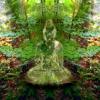Sign in to follow this
Followers
0

Brain research scientist had a stroke- her story...
By
Smile, in General Discussion

By
Smile, in General Discussion